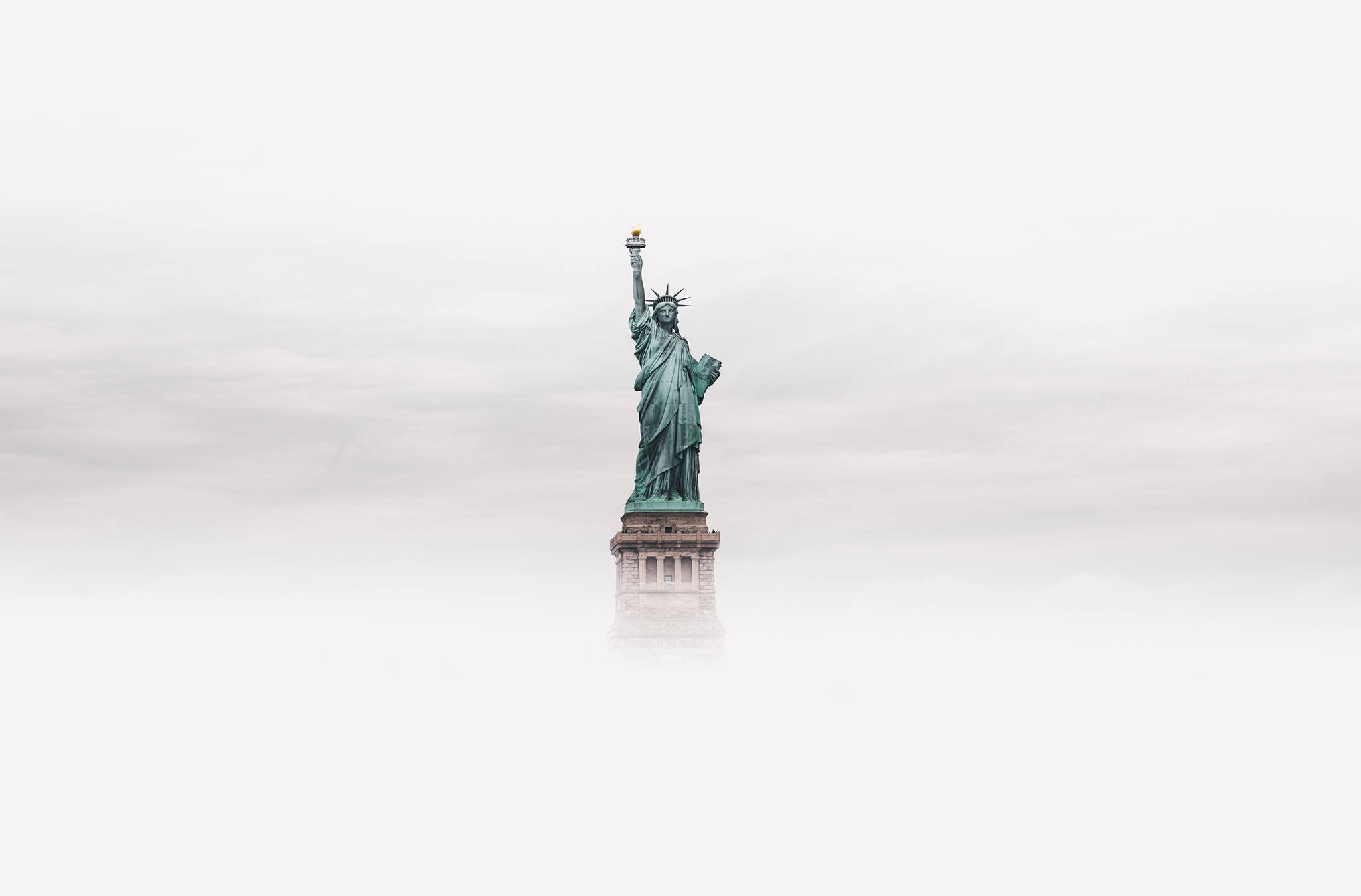“The country is being ripped apart here,” Sen. Jeff Flake, R-Arizona, said last week.
Which America was he talking about? The idealistic one where the inalienable rights described in our Declaration of Independence apply equally to all men and women? Or the one in which women and minorities must fight for the privilege to be equal Americans in the eyes of the law and beyond?
I’m not questioning Flake’s genuine concern for the sorry state of our political discourse. But the ripping sound he heard after Senate Judiciary Committee hearings wasn’t just another ugly partisan split. As U.S. Sen. Lisa Murkowski, R-Alaska, implied, it’s about the structural barriers discouraging women from reporting cases of rape and sexual assault.
There isn’t a law preventing a woman from going to the police. But inequality only needs one discriminatory disadvantage to exist. And especially in those cases, the deck has always been stacked against them.
America has a long history of gender and racial discrimination. The latter is what brought Roy and Elizabeth Peratrovich to Juneau in 1940 where they began working with Ernest Gruening, the territorial governor, to draft legislation to give equal rights to Alaska Natives.
“The races should be kept farther apart” argued Sen. Allen Shattuck of Juneau during the 1945 debate of that bill. “Who are these people, barely out of savagery, who want to associate with us whites with 5,000 years of recorded civilization behind us?”
As any duly informed Alaskan knows, Elizabeth Peratrovich would be the one to set him straight.
“I would not have expected that I, who am barely out of savagery, would have to remind gentlemen with five thousand years of recorded civilization behind them of our Bill of Rights.”
In 2014, Murkowski inserted that story and historical quote and into the official congressional record. And she told her colleagues that Elizabeth Peratrovich is respectfully remembered as “Alaska’s Martin Luther King.”
One might say MLK’s leadership in the civil rights movement was an effort to tear apart the fabric of white privilege. But I know that concept elicits a defiant backlash. So I want to reframe it through my personal appreciation for the privilege of being an American.
I was a young teenager when I began to understand how fortunate I was not to have been born in the Soviet Union. Or living in a country literally torn apart by war. The thought accompanying those realizations was how Russians and Vietnamese must wish they could enjoy our freedoms and security.
Indeed, the belief our nation has been blessed by God cannot exist in the absence of American privilege. Nor can we be a beacon of hope and freedom for the rest of the world without recognizing it. Because implied in these prideful proclamations is that our way of life must be the envy of people around the globe.
If that’s true, then how can we deny the same aspirations for people living in the neglected, crime infested neighborhoods of America’s inner cities?
I grew up in a clean and safe suburb that gave me many advantages over boys my age living in the racially segregated and rundown communities near Boston. That doesn’t make me a better human being. But that’s exactly what Shattuk implied 73 years ago. Leave the laws as they were because wisdom was only found in the white man’s experiences and opinions. Only his testimony was credible.
Women have faced that same problem throughout American history. The female inferiorities imagined by men were translated into laws that kept women subservient to them. And the ones discouraging women from reporting crimes of rape and sexual abuse parallel the Jim Crow laws that protected white supremacy in the American south.
We are not witnessing America being torn apart by the demand women be heard and have their stories believed. What is coming apart is another seam meant to secure the unjust privileges men have granted themselves.
Like the Black Americans who sought the promised land with MLK and the Alaska Natives Peratrovich spoke for, women are demanding an American future with full equality. And the consequences for denying that will be an increase to the injustices which have accumulating ever since our founders stunningly but incompletely declared all men are created equal.
• Rich Moniak is a Juneau resident and retired civil engineer with more than 25 years of experience working in the public sector. He contributes a weekly “My Turn” to the Juneau Empire. My Turns and Letters to the Editor represent the view of the author, not the view of the Juneau Empire.

